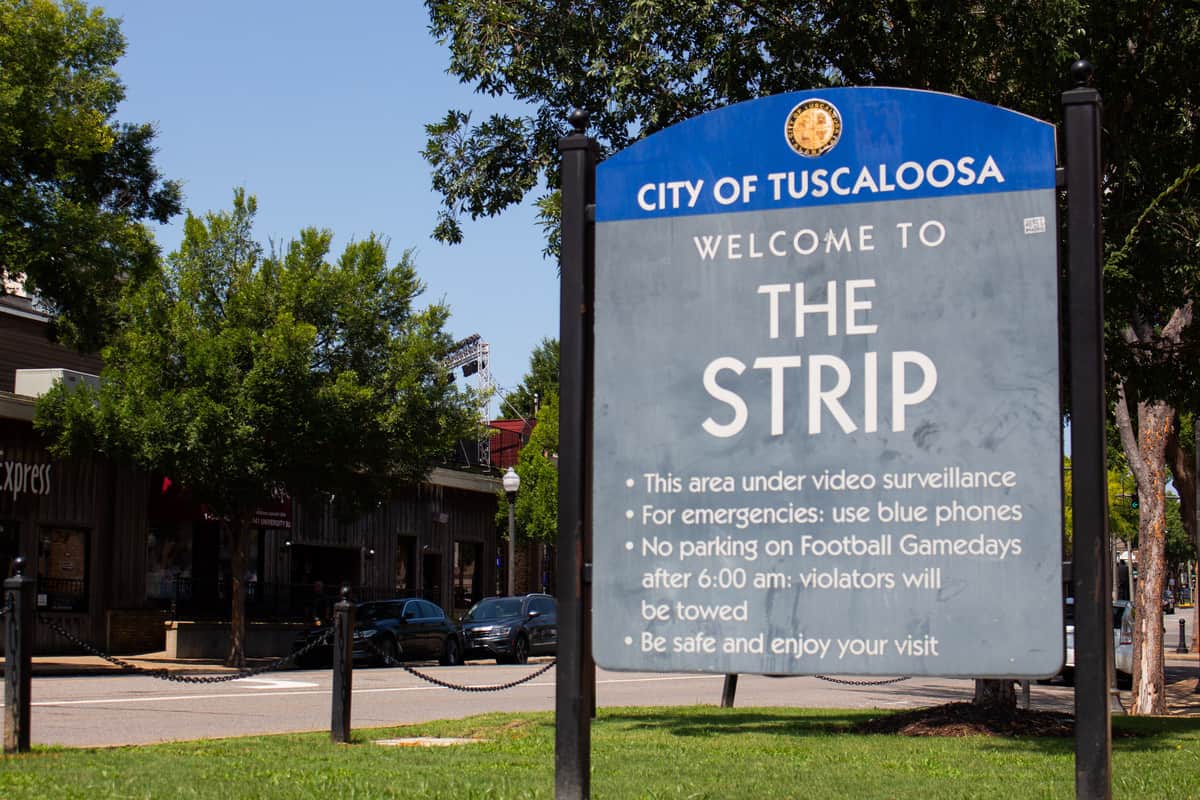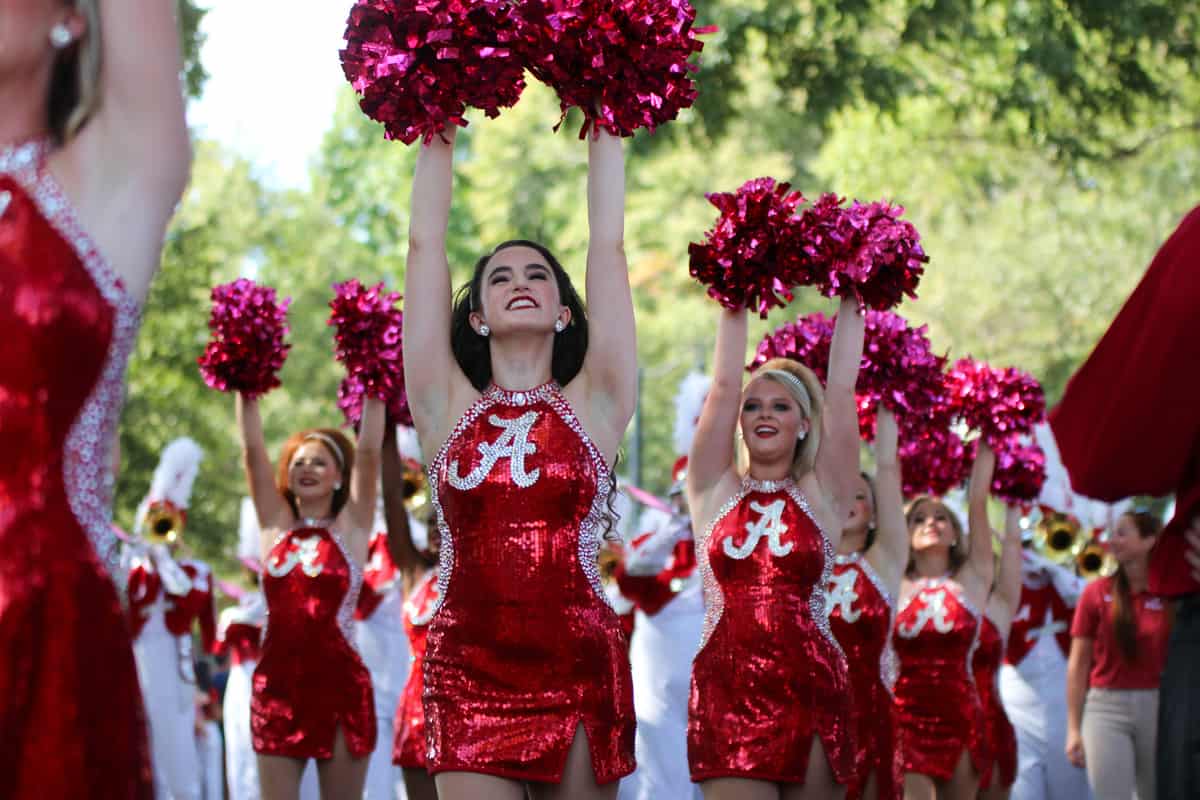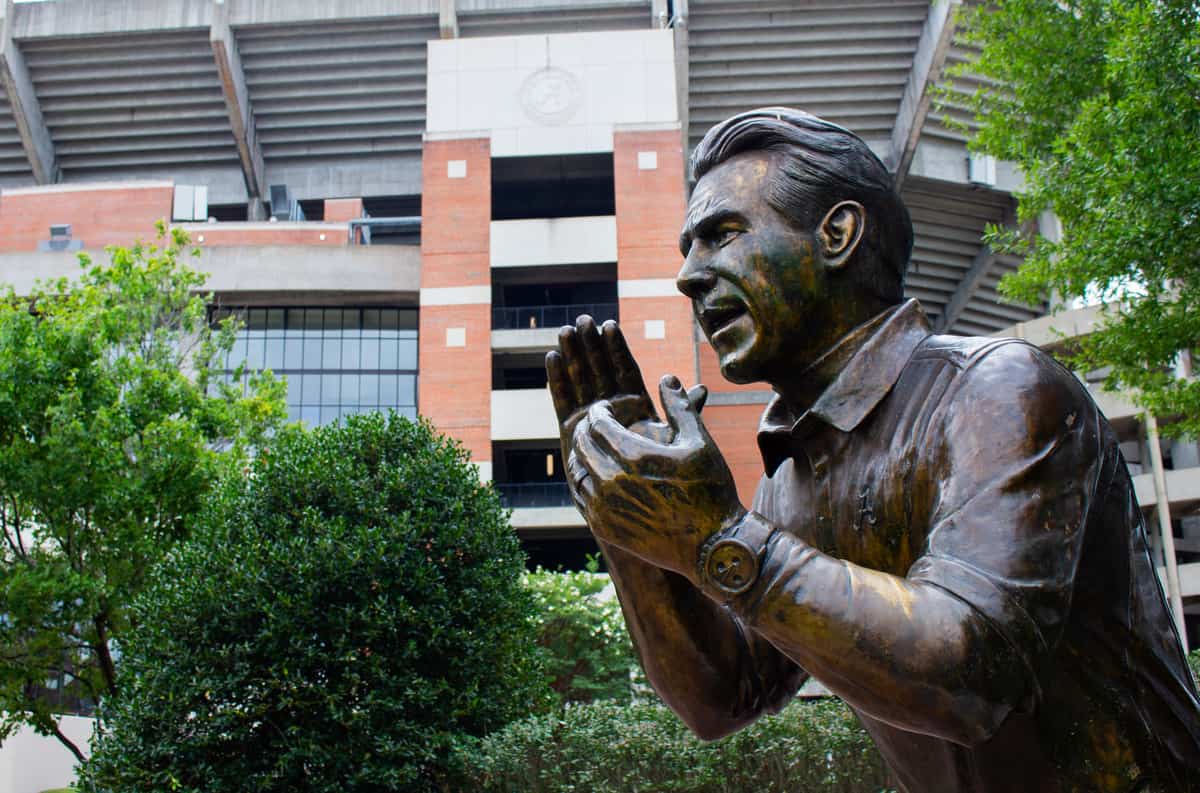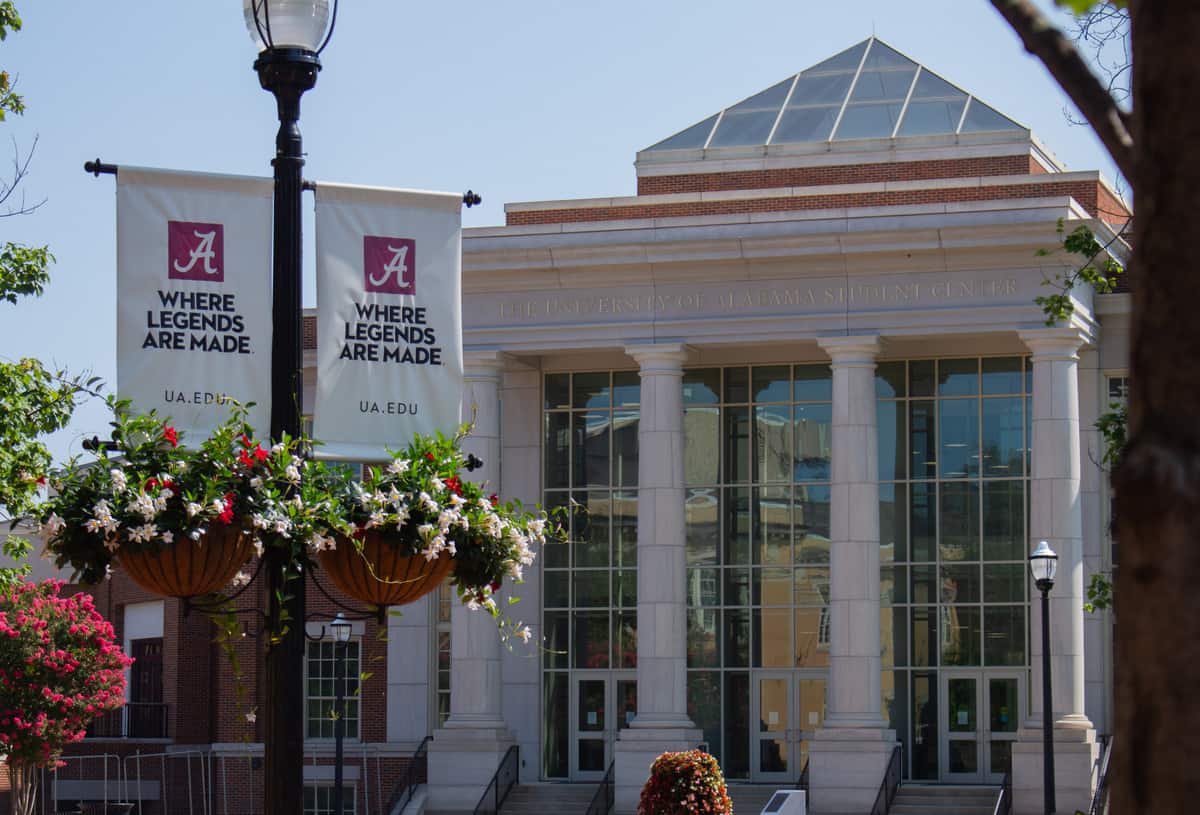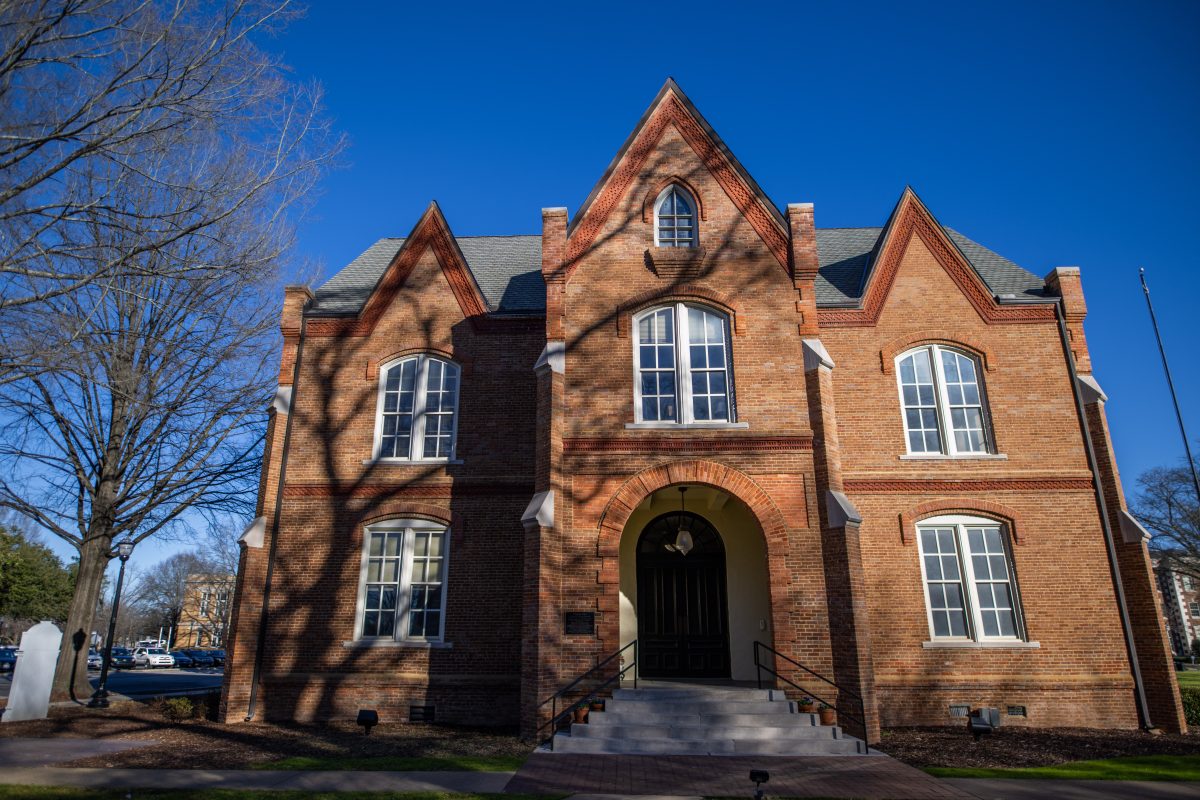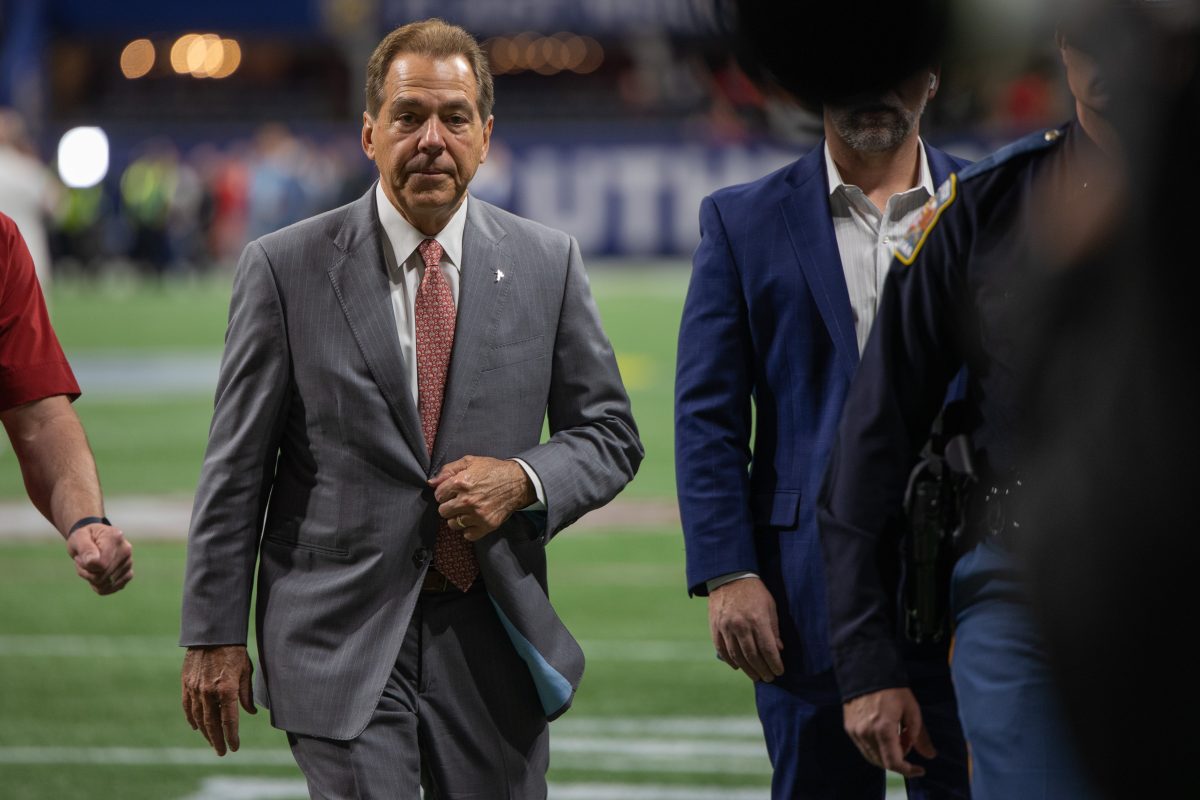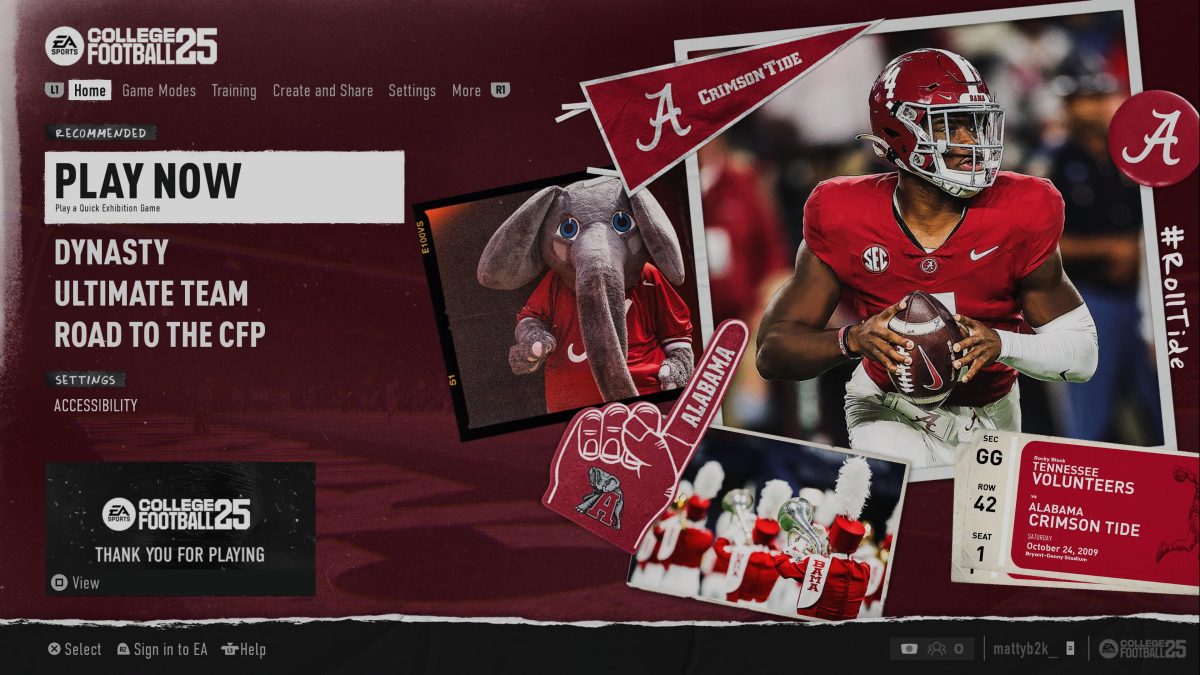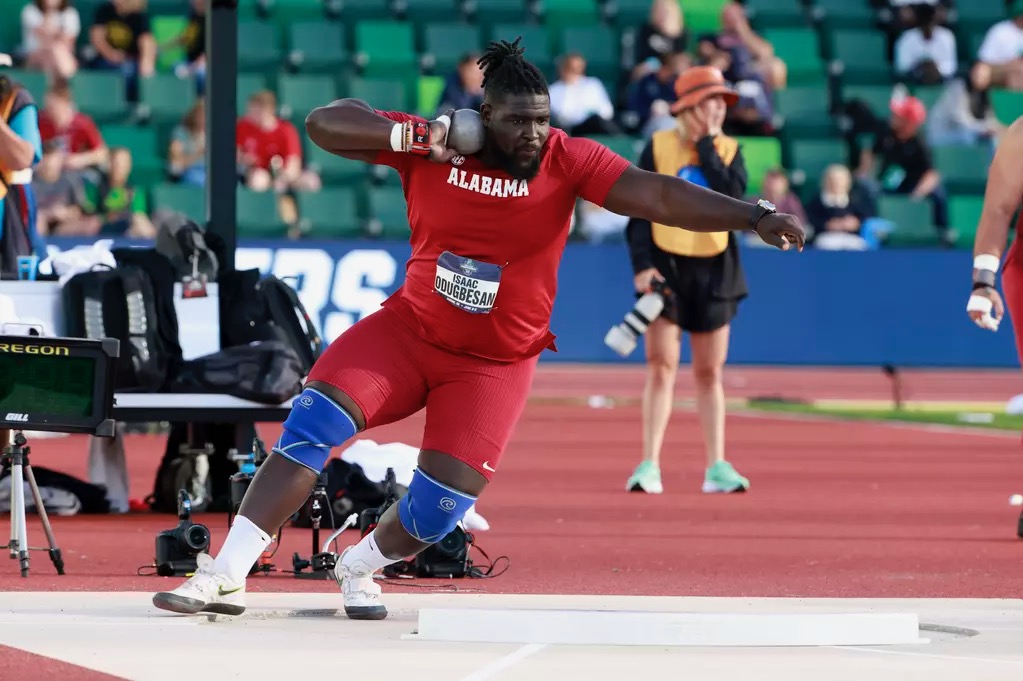In response to recent police shortages, the Tuscaloosa City Council has discussed closing bars earlier and placed a moratorium on new bars to help relieve officers working bar security.
However, this suggestion has turned into a heated debate among Tuscaloosa residents and UA students.
At its Aug. 1 meeting, the Tuscaloosa City Council approved a $10,000 retention bonus for TPD officers.
The council also established a task force composed of the chairs of the Public Safety, Administrative and Finance committees to work with Mayor Walt Maddox to create a strategic plan for the Tuscaloosa Police Department by next August.
This decision follows several measures passed earlier this year, to improve recruitment and retention at TPD that have failed to fix the officer shortage, causing the council to consider regulating bars.
The understaffed TPD has expressed concerns to the council when it comes to patrolling bars. The department is tasked with heavily patrolling the Strip and surrounding areas due to overcrowding and safety concerns that arise when bars close.
On June 27, the city passed a bar moratorium that prevents the construction of new bars through 2023, but since then the city has considered closing bars earlier, perhaps even at midnight.
Julian Wyatt, a senior majoring in international studies, said he thinks Tuscaloosa’s new moratorium strips business owners of “basic rights and the pursuit of happiness.”
Raji Singh, owner of Grandstand restaurant, unsuccessfully applied for his eatery to be considered a gastropub, or a pub that acts as a restaurant during the day and a bar at night. He said he found the moratorium’s application unfair.
“I was denied opening on June 13 when they still approved another bar on the same day,” Singh said. “I think from the aspect of public safety I can maybe understand, but picking and choosing whom to give a license to isn’t fair.”
Since Singh has not gotten approval to be a gastropub, his restaurant can only serve alcohol while the kitchen is operating and, therefore, closes at 10 p.m.
Tuscaloosans continued to share their thoughts regarding earlier bar closures.
Chris Coleman, owner and general manager of Unique on the Strip, said there should not be a set closing time for bars. He argued it would jeopardize safety and increase overcrowding when bars close.
“When you’re open all night, people naturally leave on their own,” Coleman said.
Hampton Callaghan, a Tuscaloosa resident and 2020 UA graduate, said he thinks altercations will occur no matter what time bars close.
“It’s going to turn into everyone going to house parties and frat parties. At least if you’re in a bar, you have security to try to keep the peace,” Callaghan said.
Although fraternity parties tend to have some type of security, house parties often don’t, which can lead to more problems for law enforcement.
Conversely, Trevor Chandler, a sophomore majoring in political science, supports midnight closing times and the moratorium. Having worked in Tuscaloosa bars before, Chandler said he has seen the reckless behavior that can occur and thinks more restrictions need to be placed in the area.
As for the likelihood of earlier bar closing times being enforced, Kip Tyner, who represents District 5 in the City Council, said he is positive that the council will not close bars at midnight but has considered closing bars at 2 a.m. instead of 3 a.m. on Fridays or staggering closing times.
Previously, Maddox said staggering last calls would require enabling legislation from the state legislature.
Nolan Stewart, a junior majoring in political science and a bouncer at a Tuscaloosa bar, said there’s already a lot of governmental standards — such as ABC regulations and fire codes — bars must implement in order to operate. Despite his general dislike of “government interference” in the bar’s business affairs, Stewart is in favor of staggered closing times.
At the Tuscaloosa City Council committee meeting on July 18, Councilperson John Faile suggested that all bars close at midnight Monday-Thursday and 1 a.m. Fridays and Saturdays.
Faile, who represents District 6, said his constituents have expressed concerns with police response times, including one person who told him it had taken police 55 minutes to respond to a call.
Michael Terry, lead guitarist for the Druid City Rockers, said he has always felt safe performing in Tuscaloosa but has mixed feelings about the heavy police presence around bars.
“I think the police presence can present a sense of control so you have to be on your p’s and q’s,” Terry said. “It’s a little more uptight. On the other hand, it’s nice to know that the police are nearby in case there is an incident.”
Alex House, assistant director of communications for the University, said UAPD and TPD are stationed around the clock at a joint substation on the Strip. More UA officers will be assigned to the Strip as UAPD grows.
Terry said he wonders if earlier closures could impact bars’ abilities to hire bands, as bars started canceling their bookings with his own band this summer. However, one of Terry’s potential solutions to thinning out crowds could be to open more bars in areas besides the Strip, like downtown Northport.
Sydney Regan, a junior majoring in criminology, said she thinks police aren’t always the answer. Regan suggested that a group of designated students patrol the Strip to help students get home safely and keep the peace.
Tyner said the solution to keeping nightlife in Tuscaloosa, as well as enforcing public safety, may be to create smaller, more intimate bars in the future.
“I think the appetite now is for smaller bars,” Tyner said. “The mega bars are probably history, at least under this council.”
Tyner warned that bar owners who admit patrons over capacity this fall will be shut down for 24 hours.

